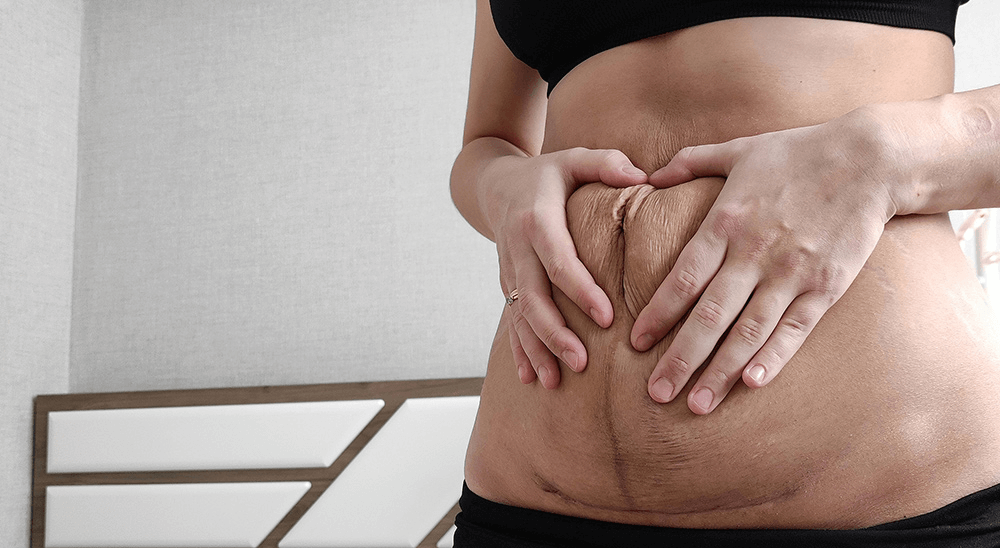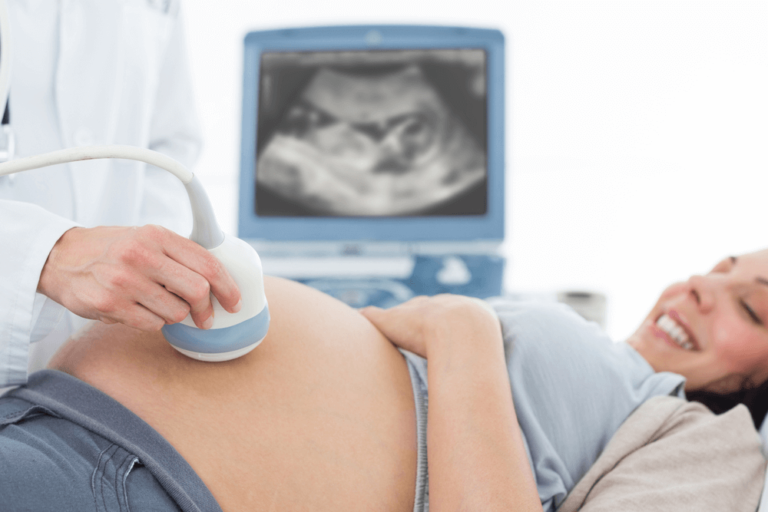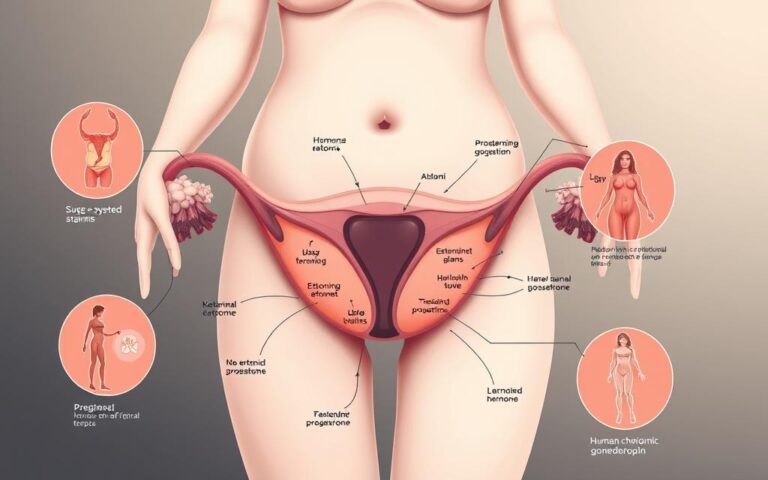Effective Postpartum Weight Loss: A Comprehensive Guide

Losing weight after giving birth requires patience and balance. Postpartum weight loss can be slower for some, as your body needs time to recover from pregnancy and childbirth. A healthy weight-loss approach involves a combination of nutritious eating and gradual physical activity.
1. Focus on Healthy Eating
Prioritize a diet rich in fiber, fruits, vegetables, lean protein, and whole grains. Avoid processed foods, sugary snacks, and large portions. Make sure to stay hydrated throughout the day.
2. Postpartum Exercise
Begin with gentle exercises, such as pelvic floor exercises and walking, in the early weeks after delivery. Start slowly, and after your postnatal check-up (usually around 6-8 weeks), you can gradually increase your physical activity. Building exercise into your routine can include walking with the baby in a stroller or joining a postnatal fitness class. Remember, it’s essential to wait until your body feels ready before engaging in strenuous exercise.
3. Breastfeeding and Weight Loss
Breastfeeding burns extra calories, helping some women lose weight naturally. However, breastfeeding is not a guaranteed weight-loss method, as individual calorie needs vary. Aim for a balanced approach and avoid crash diets, as safe weight loss should be around 0.5 to 1kg (1 to 2 pounds) per week.
4. Managing Expectations
It’s important to be realistic and kind to yourself when it comes to weight loss after pregnancy. While some women may return to their pre-pregnancy weight within a few months, it typically takes longer. It’s okay if it takes 6 to 9 months or more. Setting gradual goals, like reaching a healthy weight by your baby’s first birthday, can help reduce pressure.
5. Why Postpartum Weight Loss Matters
Losing excess weight post-pregnancy has long-term health benefits, such as reducing the risk of heart disease, type 2 diabetes, and complications in future pregnancies, like gestational diabetes or high blood pressure. Even a small increase in BMI between pregnancies can raise these risks, so maintaining a healthy weight is crucial for both you and your baby’s well-being.
6. Support and Guidance
If you’re struggling with weight loss, seek support from your GP, dietitian, or local weight-management programs. Joining fitness groups can provide both motivation and social interaction, especially with other new moms facing the same challenges.
7. Additional Tips
- Eat a nutritious breakfast to kick-start your metabolism.
- Integrate more physical activity into daily routines, such as taking short walks with your baby.
- Utilize fitness tracking apps to monitor progress and stay motivated.
With consistent healthy habits, realistic goals, and patience, you’ll gradually lose the baby weight while also keeping up your energy for your new role as a mom.






